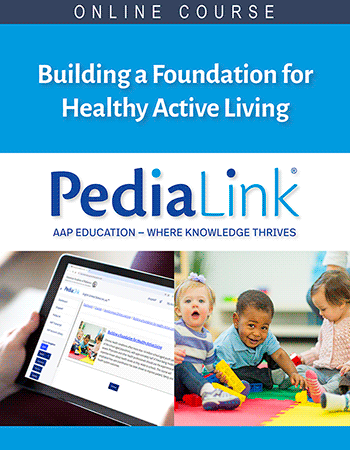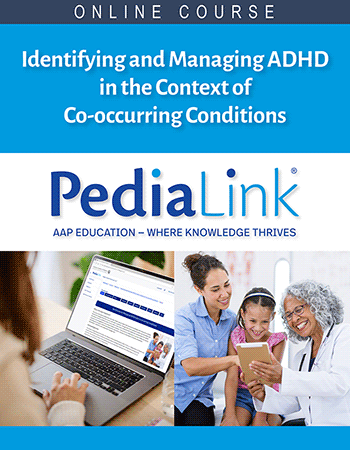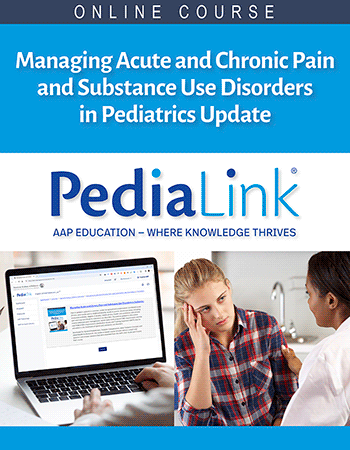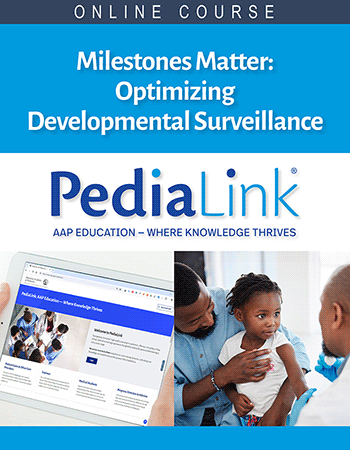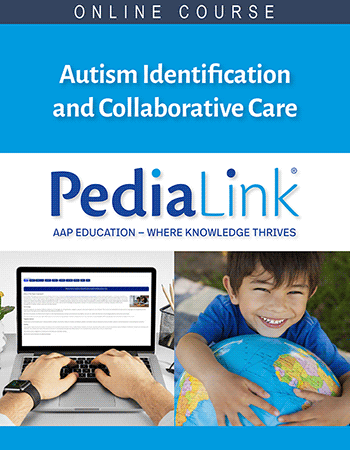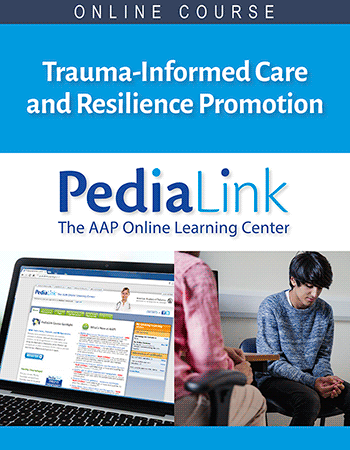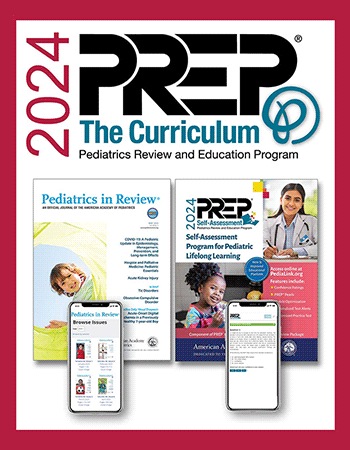-
- The State of Children in 2020
- Healthy Children
- Secure Families
- Strong Communities
- A Leading Nation for Youth
- Transition Plan: Advancing Child Health in the Biden-Harris Administration
- Health Care Access & Coverage
- Immigrant Child Health
- Gun Violence Prevention
- Tobacco & E-Cigarettes
- Vaccines
- Child Nutrition
- Assault Weapons Bans
- Childhood Immunizations
- E-Cigarette and Tobacco Products
- Children’s Health Care Coverage Fact Sheets
- Opioid Fact Sheets
- Advocacy Training Modules
- Subspecialty Advocacy Report
- AAP Washington Office Internship
-
-
-
-
More
- shopAAP
-
Shopping cart
Your cart is empty.
Looks like you haven't added anything to your cart.
Loading
- Create Account
- Login

-
-
-
-
MembershipThere’s a place for you in the Academy no matter where you are in your career. Learn more about all our membership categories.
-
My AccountLog in and access your online content, manage your learning activities, review your membership and your subscriptions, and much more.
-
-
Member and Customer Care
866-843-2271 Toll Free US & Canada
630-626-6000 Outside US & CanadaHours of Operation
7:30AM-5:00PM CT Monday thru Friday


